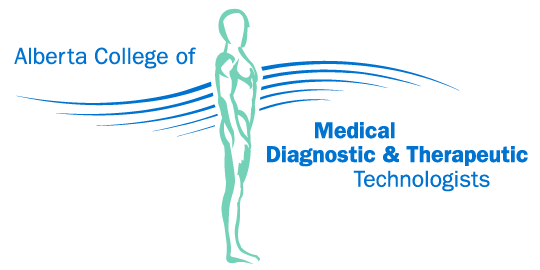Serving on Council has given me a unique opportunity to make a difference in my profession and the Albertans that we serve. It has also provided me with phenomenal personal development opportunities that I will continue to use throughout my career and personal life.
Jessica Cherwick, ENP, past Council member
Would you like to make a positive difference in public protection and the practice of the professions regulated through the Alberta College of Medical Diagnostic and Therapeutic Technologists (the College)?
Volunteering on a College committee or Council is a great way to impact how the professions serve Albertans. Meetings are held online and in-person. The College provides training, travel, and accommodations.
See below for more details about serving on Council or statutory committees.
